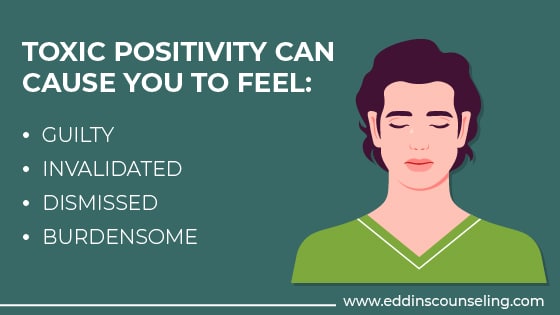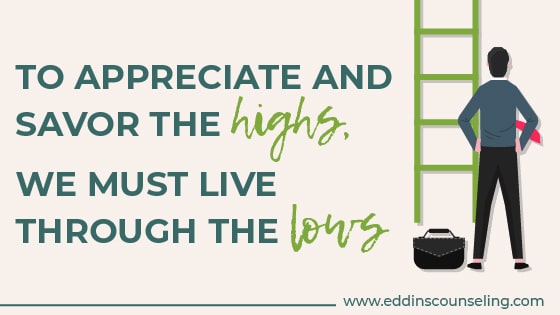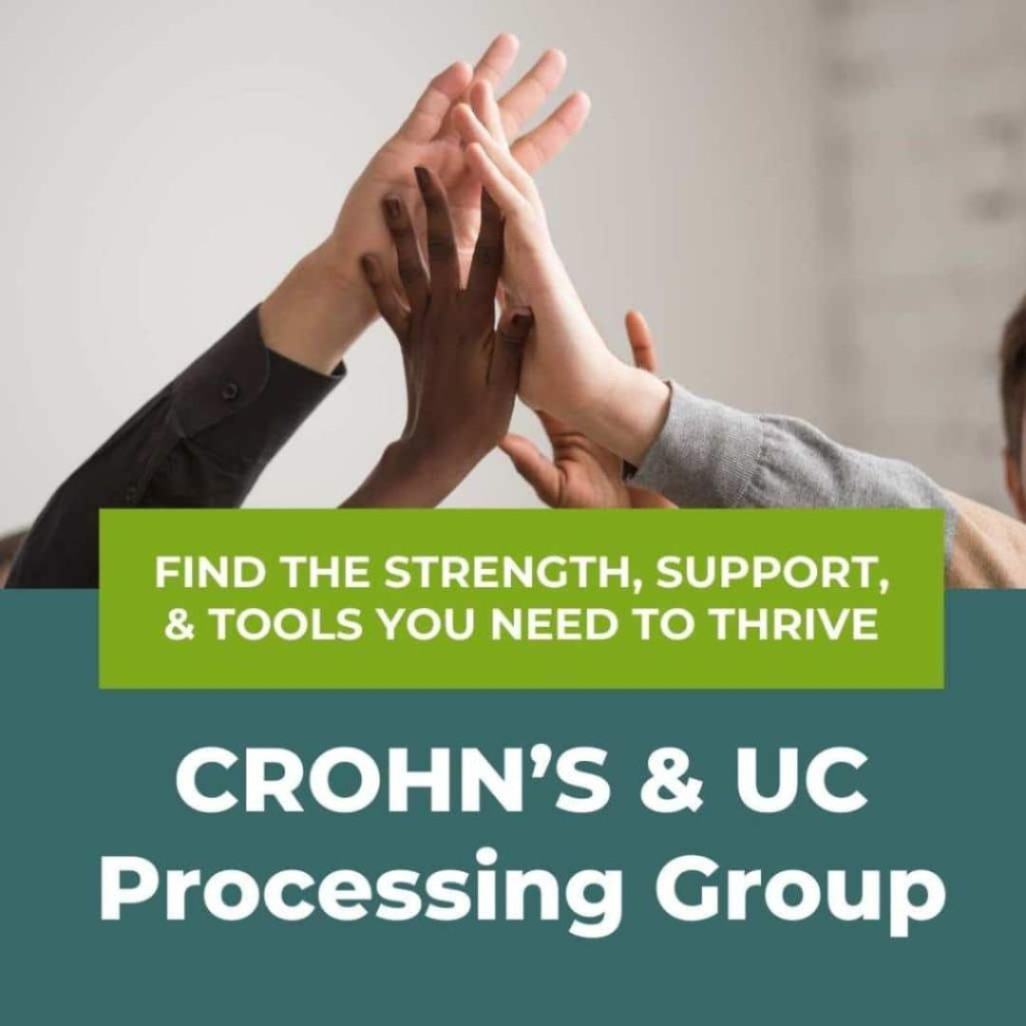June 30, 2021
Toxic Positivity: What It Is & Why It Hurts
Written by Sara Lane
Posted in Emotional & Mental Health and with tags: toxic positivity

Toxic positivity; have you ever heard of it?
It sound’s a lot like “Just look on the bright side” or “focus on the positive.” We’ve seen countless upbeat stories highlighting people who have stepped up and shone a light despite increasingly dark times.
Take a few minutes on any social media platform and see if you can identify it. The combination of a global pandemic and debilitating lockdowns has spawned a rise in calls for keeping a positive attitude.
In some ways, this can be helpful. However, in one essential way, it can feel invalidating.
In fact, positivity can sometimes feel a lot like gaslighting.
And let’s not forget that the pandemic’s fallout and the last two years have been immense for many.
People are suffering — emotionally, physically, and economically-and being told you must “stay positive” can feel almost spiteful and tone-deaf.
To point this out is not a call for pessimism. It’s really just a call for honesty and mindfulness.
Because when you’re authentic, you give the real you a chance to be seen. Yes, it’s easier said than done, but it’s well worth the effort.
But what about those times when being authentic means expressing negative feelings? You live in a culture that over-emphasizes the “positive.”
But this tendency is built around the false belief that keeping your chin up leads to better experiences. So, you might swallow what you really want to say.
You put on a happy face and let others know you’ve got this. Unfortunately, this is an example of toxic positivity.
The Cult of Toxic Positivity
As we now know, our society can undergo a shortage of toilet paper. However, it appears there will never be a shortage of self-help books, podcasts, articles, and TV shows about the importance of staying positive.
You might even call it an epidemic. This is not to say all this positive energy doesn’t have the potential to help. The concern is about its potential to hurt.
How Toxic Positivity Robs You Of Your Need to Be Seen
Toxic positivity makes your pain and suffering invisible. In turn, this can make you feel invisible.
You think you have to pretend to be someone else to be accepted. You want to vent, but everyone is demanding you express gratitude. It’s unhealthy, and yes, it can be toxic.
You may go to a friend, family member, or co-worker to talk about why you’re suffering. As well-meaning as they might be, they are not helping when they suggest you “look on the bright side.”
It would be best if you had more than a pep talk. Being told to try yoga or meditation feels dismissive.
Most of all, you feel unseen and unheard. The other person is demonstrating that there are two things more important than your pain:
- Their desire to avoid negative emotions
- Their need to offer unsolicited advice
Again, this is not to say they mean to be toxic.
We’re all part of this culture, and thus, we tend to react in similar ways. So much of what we encounter is conditioning us to preach positivity instead of listening and validating.
When you’re told to find a silver lining, you lose your status as an individual. You become part of a hive mind, and therefore, the advice is generic and impersonal.
What is Toxic Positivity?
Anything done in excess can become toxic. Without balance, even positive thinking or behavior can turn sour. Toxic positivity occurs when the pressure to appear happy has the following impact on your emotional experience:
- Minimization
- Denial
- Invalidation
Being coerced to find a positive spin can lead to repressed emotions. Toxic positivity is false positivity.
For example, when a couple facing infertility issues is told, “it will all be okay as long as you stay positive.” When that couple heads to a family gathering or passes a playground, they will feel longing, loss, and just plain sad. Toxic positivity teaches that couple that their pain is irrelevant and that isn’t what will bring them a child.
Can you imagine how disregarded and lonely they would feel?
Pushing through the pain and “seeing the bright side” is a facade that fosters negativity and an internal disconnect. Moreover, at this point, you fall into the trap of labeling emotions either “good” or “bad.”
Yet, the truth is that matters is any emotion you feel is necessary and worth of attention, even if you notice it and let it pass by.
Negative emotions aren’t to be ignored or a source of shame. Nor are they allowed to take over.
Similarly, no research or evidence supports the “good vibes only” approach. Still, this mindset has become increasingly common and hard to combat.
How to Recognize Toxic Positivity
Toxic positivity wears many masks, so that you may need help with this process. However, in general, there are some common threads. Here are three:
Guilt
In this scenario, you endure a setback. As a result, you express frustration, disappointment, or sorrow. That’s when a well-meaning, “positive” loved one reminds you that happiness is a “choice.”
Translation: You are choosing to be sad and, thus, you’re making the rest of us uncomfortable.
Shutting Down
Let’s return to the first five words of this post: “Look on the bright side.” It’s a version of the guilt approach.
Translation: We feel bad for you but don’t want to hear or see you express any emotions except acceptance.
Rationalization
The classic example of toxic positivity is: “Everything happens for a reason.” Some may believe this to be true, and that’s their right. Most believe this will comfort you. That’s not exactly fair.
Translation: Please take this philosophical view instead of sharing your pain with me.
The Danger, How Toxic Positivity Hurts
Even when expressed with the best of intentions, toxic positivity has hurtful consequences. 
It can also promote feelings of:
Being Stuck
If you are not allowed to process your feelings, you cannot grow and evolve. You’re accepting a world as everyone wishes it could be.
When you face the inevitable next challenge, you’ll be less prepared to deal with it.
Shame
You are suffering. Understandably, you want to be supported and heard.
Thanks to toxic positivity, you come to see your needs as wrong. You come to see yourself as handling things the “wrong” way.
Read more about “Understanding Shame Based Depression”
Avoidance
Toxic positivity is all about avoidance. The people telling you to keep your chin up are trying to evade the hard work of dealing with your pain.
They’re probably not doing this on purpose, but the hurt they cause is quite real.
The Ups and the Downs Enrich Your Life
Toxic positivity, even when well-intentioned, pushes you into a place of denial. Of course, there are times when you can flip your perspective and feel better about a situation.
However, in most suffering, pain, and grief, there is a need to feel and process. This reality enables us to heal and recover.
It also adds to the richness of our life experiences. To appreciate and savor the highs, we must live through the lows.
There will never be a good reason to skip over the bad. It teaches your children false coping mechanisms, it invalidates your experiences, and sometimes, it’s relieving not to pretend you feel great when you don’t.
Also, we learn from what people call negative emotions. You might read about injustice in the world.
This story causes anger and outrage. Others may encourage you to maintain perspective or accept that this is “just how things are.”
Instead, you can feel that anger and outrage. You can recognize it as the expression of your values.
You cherish justice, and guess what? That’s very positive news! Promote justice should not go unseen or unrecognized in any way.
A Positive Example of Embracing the Negative
Sometimes, the shortest distance between two points does not appear to be a straight line. For example, you may encounter something negative.
The “logical” thing to do is to run in a straight line away from it. But what if there are benefits to not running away.
There is deep meaning to be gained from not pushing it away. Life involves risk. This means some negative emotions are unavoidable, and that’s a good thing.
To push away what challenges you is to reduce the quality of your daily life — especially if it means embracing toxic positivity.
Everyone who has ever done exercise knows it can be tough. You may even dread those visits to the gym.
The pain, the soreness, the time commitment — it all feels pretty negative at times. But those who succeed in getting healthy and fit do not push away this negativity but rather work through it.
Life is about trade-offs. If you want to grow and make progress, you’ll have to accept and endure some negativity.
The Benefits of Not Pushing Negativity Away
There are four primary negative emotions:
- Fear
- Anger
- Sadness
- Disgust
All of these exist to keep you safe. They alert you to danger.
They also kick your body into gear if you need to flee or protect yourself (physically or verbally). So, in context, negativity is not always negative. It also helps you in these ways:
Adds Meaning to Life’s Experiences
Life’s most profound moments are rarely all smiles and applause. What makes an event meaningful and unforgettable is the full range of emotions you experience.
You struggle, you worry, you fight, and you grieve. All of this contributes to the richness of day-to-day existence.
Improved Brain Function
Did you ever wonder what emotions like sadness and conditions like depression still exist? Why didn’t evolution weed them out?
According to a 2009 study, factors like this make us less likely to push away negativity. We are acutely aware of what needs to be addressed and fixed.
This, in turns, enhances our ability to:
- Be more productive in all facets of our lives
- Gauge social situations in a safe manner
- Learn from our mistakes
- Focus and concentrate
Prepare For Further Stressors
Let’s say you’re faced with a crisis. Let’s also say you don’t run from the negative aspects.
You assess them and process them. This exposure goes a long way in increasing your resilience.
This, of course, prepares you for future crises. If you deny your negative feelings, you build up no immunity to them. Each new challenge will have the potential to knock you for a loop.
Dealing with Toxic Positivity, Easier Said Than Done
We live in a society that pushes the “positive mental attitude” on us at every turn. This makes it especially hard to deal with negative reactions and feelings. You are left with a double problem:
- The initial crisis itself
- Avoiding toxic positivity
Simply put, you could use some clear-headed, unbiased guidance. Talk to a therapist. You’ll find peace in exploring your emotions and experiences without guilt, shame, or judgment.
How Therapy Can Help Deal with Toxic Positivity
First and foremost, your weekly sessions become your safe space. In this setting, you can talk openly about your feelings without any fear of being shut down.
If toxic positivity has left you hurting, your counselor is there to help address the fallout. In addition, you’ll be able to learn more about how to be more honest and sympathetic when someone in your life is suffering.
Think of it as a positivity detox.
Now What?
To buck up against toxic positivity is to challenge a societal norm. You’ll need support.
Such support can come in the form of counseling. A therapist will nourish your normal need to be seen. In addition, you’ll work together to find a healthy balance amidst the ups and downs.
Please contact us. Eddins Counseling Group in Houston, TX, has experienced therapists specializing in individual therapy including depression treatment. Call us today at 832-323-2355 or book an appointment online.
Grounding & Self Soothing
Get instant access to your free ebook.
Why You Feel This Way
Get instant access to your free ebook.






























